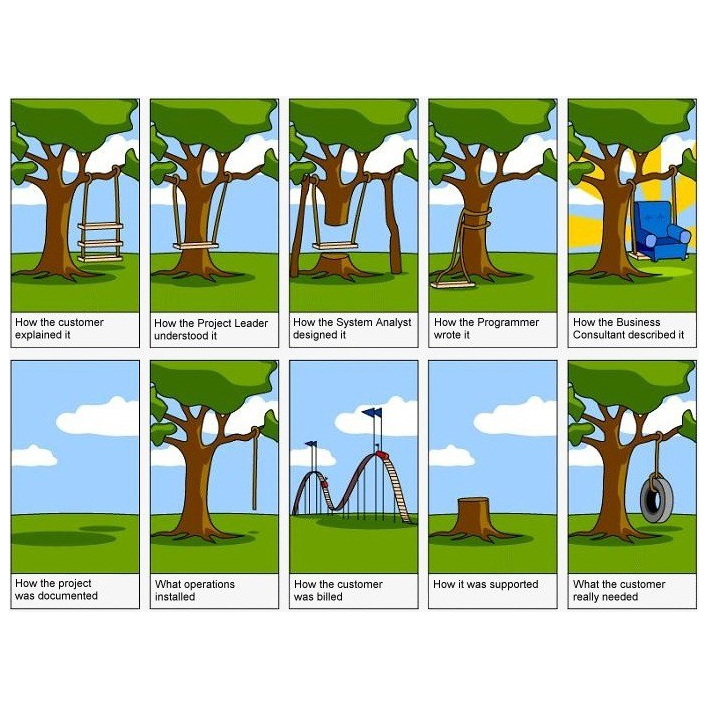Requirements engineering can be defined as a stage of software development lifecycle and as an area of software engineering. The main understanding of “requirements“ is specified as the description of the functionality of software and its properties (known as functional and non-functional requirements).
In last decades the complexity of electronic components in the automotive industry increased rapidly. This led to quick development of requirements engineering in electric and electronic system design, especially in the high-end automotive market.
In Codelab we understand that we need to consider more than our customer’s expectations. The software must meet standards, norms, and other regulations that increase the number of requirements. For documentation purposes, our requirements engineers map the stakeholder requirements to analysed system requirements which reflect customers internal view of the system. Our results of system requirements analysis form the basis for the system qualification tests and all downstream processes.
Thankfully to many years of experience in certain automotive projects, Codelab meets the challenge to provide competences to support the management of system requirements for its customers. Our requirements engineers are familiar with whole software development lifecycle, requirements analysis process and domain knowledge. The mentioned competences are proved by certificates gained by our employees which makes Codelab a confirmed supplier of support for requirements engineering domain of software development.
To provide the best quality and to meet standards of delivery for automotive industry, Codelab fulfils Automotive SPICE® SYS.2 Process relevant to System Requirements Analysis. We systematically improve existing workflows and methods, we evaluate the status of our process improvements through formal assessments and gap analyses.


